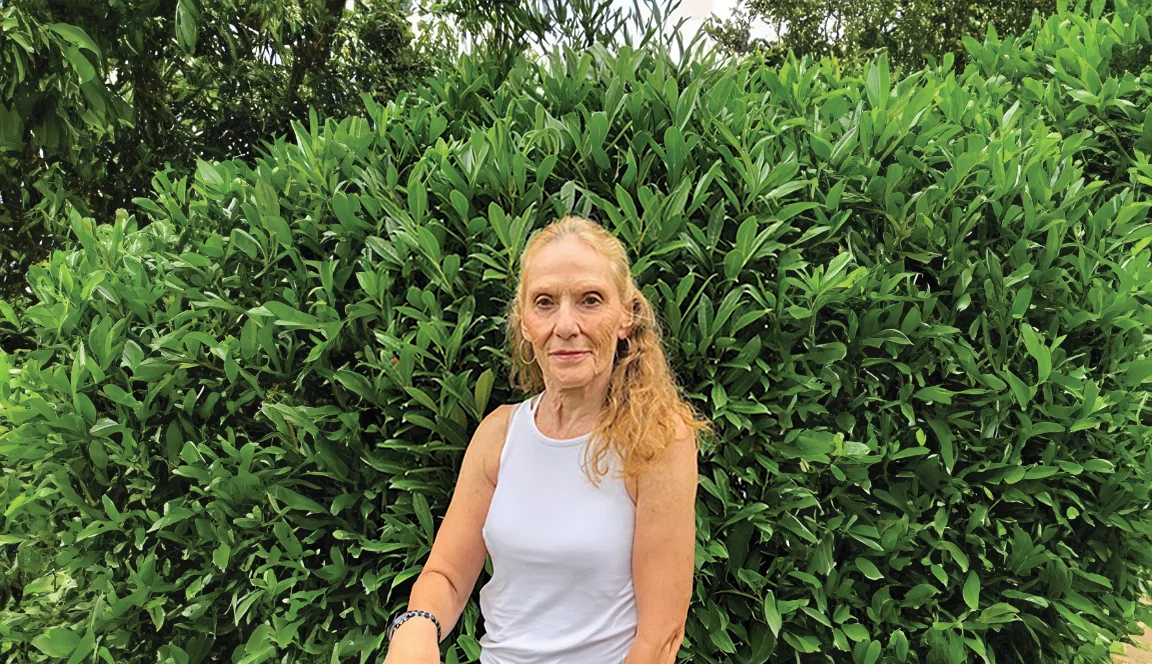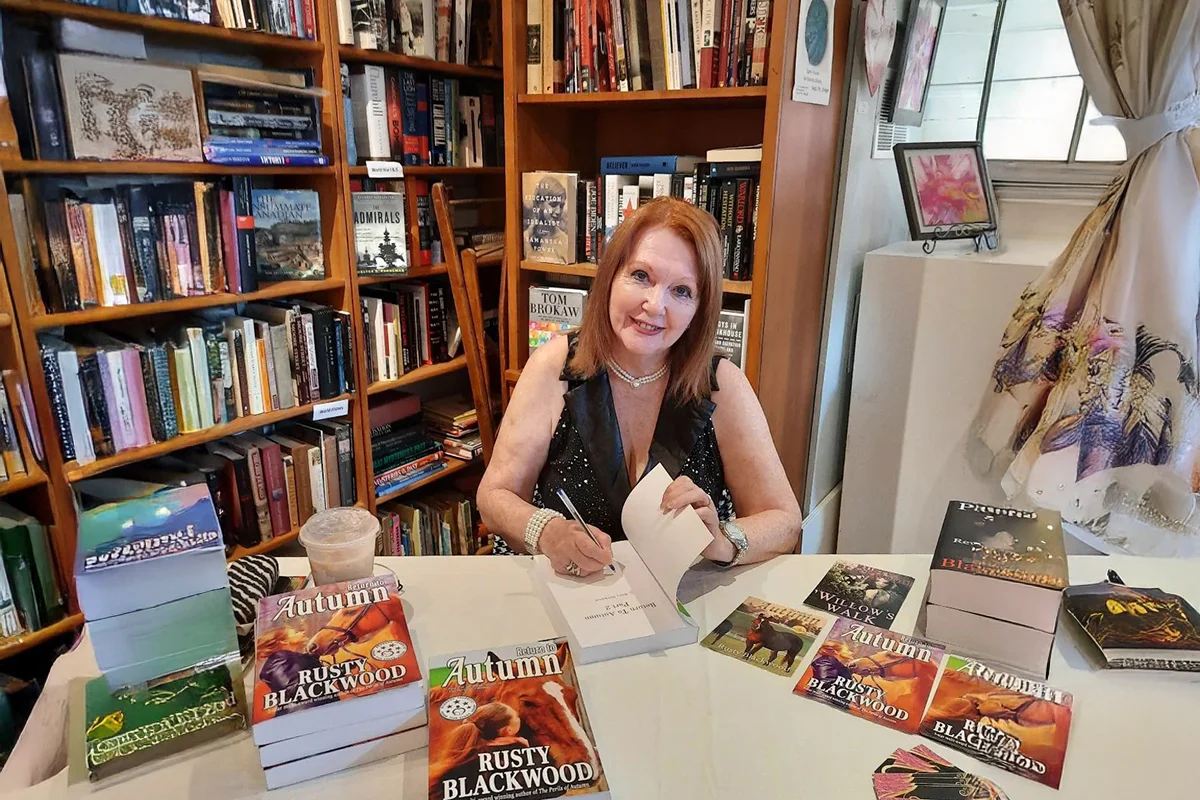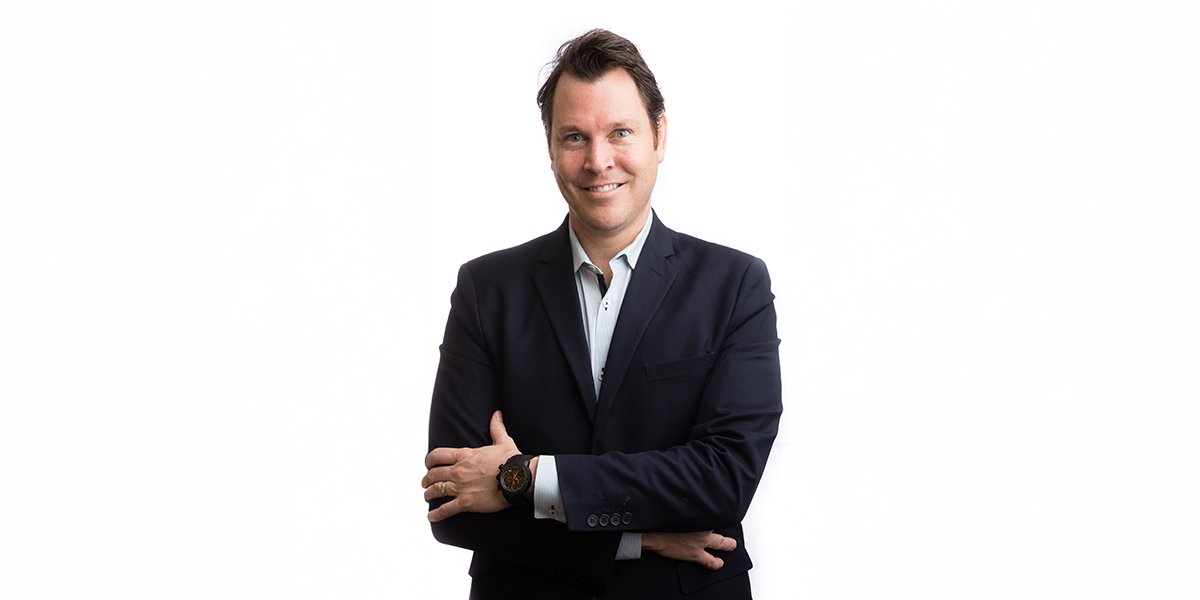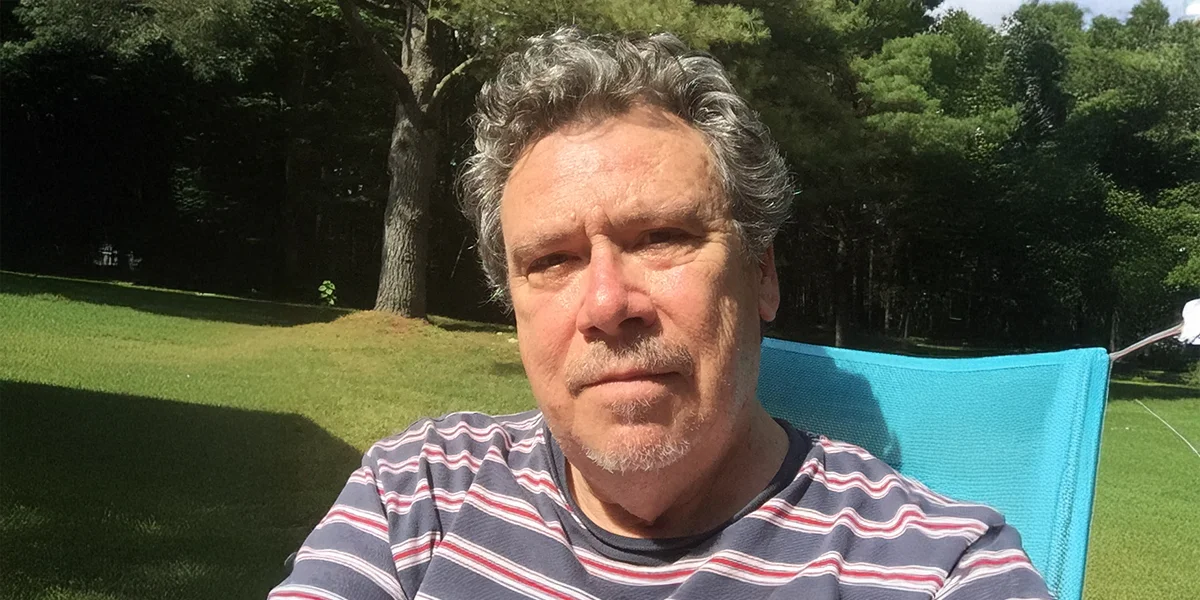PHOTO: Author Susen Edwards brings empathy and insight to every page, transforming real-life experiences into heartfelt stories of courage and renewal.
Healing Through Storytelling With Compassion, Resilience, And Grace
Susen Edwards shares her journey from massage therapy pioneer to author, revealing how real-life trauma and transformation inspired her emotionally rich novels centered on healing, faith, and personal growth.
Susen Edwards has spent a lifetime transforming adversity into opportunity—first as a trailblazer in massage therapy education, and now as an author whose fiction carries the weight and warmth of real life. Her work, especially the novel Lookin’ for Love, explores pain, redemption, and self-discovery with striking empathy and clarity.
Founder of the Somerset School of Massage Therapy—the first state-approved and nationally accredited massage therapy school in New Jersey—Edwards built a career grounded in healing and education. What began as a modest effort to bring credibility and structure to massage therapy blossomed into a movement that reshaped the profession in the state. Her efforts earned her a nomination from Merrill Lynch for Inc. Magazine’s Entrepreneur of the Year Award. Following the sale of her school, she continued serving her community through leadership roles in higher education and public service, including her current position as secretary for the board of trustees at her town library.
Susen Edwards is a compassionate storyteller whose deep empathy and life experience illuminate her unforgettable, inspiring, and powerfully human novels.
Edwards has since redirected her focus toward writing, channeling the insights from her diverse background into compelling fiction. Her novels Lookin’ for Love, What a Trip, and the children’s fantasy Doctor Whisper and Nurse Willow showcase her ability to craft authentic characters and vivid worlds. These stories, often based on true experiences, offer readers a mirror to their own lives, challenging them to reflect on love, loss, and resilience.
In Lookin’ for Love, Edwards delves into the harrowing yet inspiring life of Ava Stanton. She was first introduced to Ava through family connections and eventually sat down with her in 2018 to begin chronicling her story. From the moment Ava began sharing her experiences on Edwards’ back porch, it was clear her life would make a powerful novel. But the process wasn’t simple—Ava’s trauma was deeply rooted, and the emotional toll of revisiting it led her to temporarily pause the project. When she returned, it was with deeper self-awareness gained through years of therapy.
Edwards approached Ava’s story with profound sensitivity. Initially written with real names and locations, the manuscript evolved to protect identities while preserving the integrity of the story. Through fictionalized conversations and carefully crafted settings, Edwards honored Ava’s truth while making the narrative accessible and engaging for readers.
The novel confronts painful subjects—addiction, crime, abuse—but it also offers a steady undercurrent of hope. Edwards admits it was emotionally taxing to write. “It’s so easy to look at someone else’s life and say you should’ve done this or that,” she reflects, “but when you’re struggling with abuse, simple survival is often what takes over.” She emphasizes how different the social climate was fifty years ago, especially for women, and worries that history could repeat itself if progress on women’s rights stalls.
Despite the darkness in Ava’s past, Lookin’ for Love ultimately celebrates the human capacity for growth. Edwards believes the heart of Ava’s journey lies in her unwavering hope. “It’s never too late to become whole,” she says. Ava’s faith played a crucial role in her healing, but Edwards stresses that there are many paths to peace. Her own encounter with Ava led her to renewed faith in the human spirit.
Through every project, Edwards brings the same empathy and attentiveness that made her a beloved educator. Her experiences across varied fields—massage therapy, community leadership, and storytelling—intertwine in ways that enrich her writing. Whether developing a character or mentoring students, she remains a listener first, always open to the deeper stories behind each life.
As she continues to write and engage with her community, Edwards stands as a testament to the transformative power of listening, learning, and telling stories with heart.
Source: Reader’s House Interview with Susen Edwards











